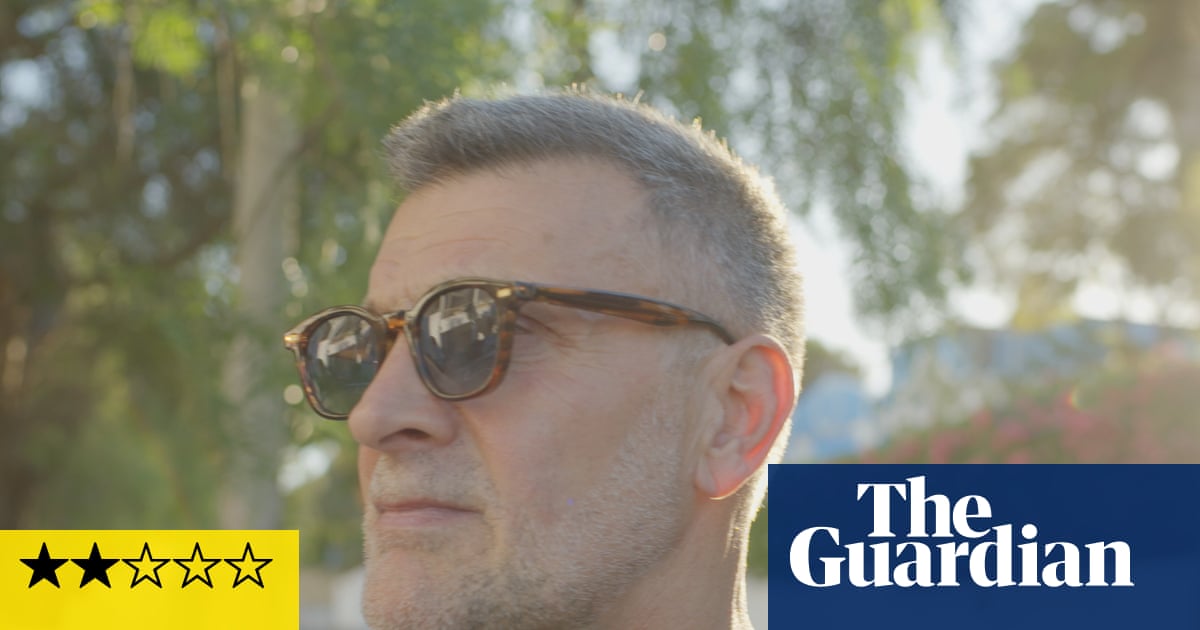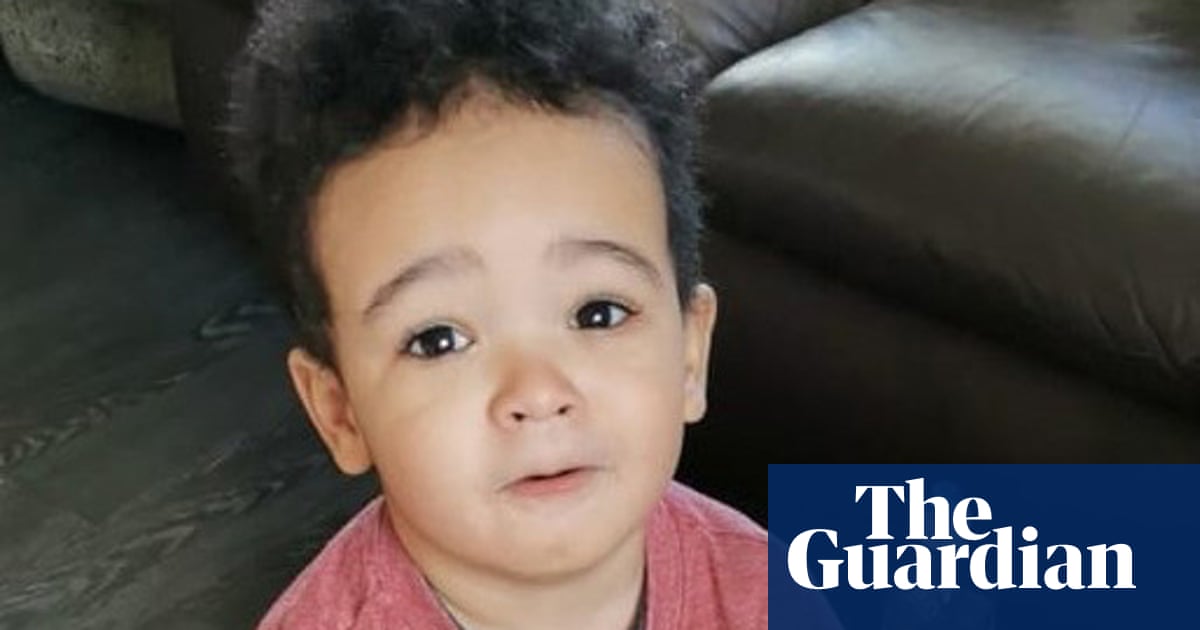Comments by the education secretary, Bridget Phillipson, about children’s “grit” are a distraction from the huge missed opportunity in the government’s expansion of access to mental health support teams in schools (‘Grit’ no substitute for better mental health funding for pupils in England, say experts, 16 May).
Children are resilient – but they are living in an increasingly complicated world of challenges and conflict. They’re having to cope with the consequences of the Covid pandemic, the cost of living crisis, social media, and school, family and relationship pressures.
We at the British Association for Counselling and Psychotherapy are pleased that the government recognises the importance of supporting children in all schools, but this announcement falls short of what’s needed. The plan will do little to meet the needs of children who need more than pastoral care and the low-level interventions provided through mental health support teams (MHSTs), but don’t require a referral to psychiatrists or child and adolescent mental health services.
We estimate that about 730,000 children and young people each year will fall through the gaps in support available as part of this rollout. Instead, the government should have focused on an enhanced MHST+ model, which includes a clear referral pathway to funded counselling provision.
It’s not just “grit” that will support children with their problems. It’s having access, when needed, to a trained professional counsellor. But that vital support is disappointingly missing from this plan.
Martin Bell
Head of policy & public affairs, BACP
I had high hopes that a Labour government might start to look seriously at how changes in education policy under Michael Gove might be impacting young people’s mental health and school attendance. Instead the focus is on fostering “grit”. My daughter is in the middle of GCSEs. The content for each subject is so great that when we put all the books, notes and revision aids into large carrier bags, there were 11 in total.
Schools have had to cut music, breaktimes and art to ensure core subjects are covered. Some schools have gone doolally about punishing kids for minor misdemeanours, like forgetting a pen. Teachers are leaving the profession in droves. We keep trying to fix the kids, when we need to fix the problem. Maybe it’s the politicians that need to find the “grit” to focus on the causes, not the consequences.
Caroline O’Dwyer
London
A growing wealth of evidence shows that sustained access to nature and nature-based learning can improve health, wellbeing, development and resilience. Such approaches support children who struggle in traditional learning settings and stretch those who thrive in them.
My organisation has seen this first-hand in our Stepping Stones to Nature programme. Embedding meaningful curriculum-linked nature activities into the school week, in some of England’s most deprived communities, has led to immediate improvements in wellbeing, confidence, communication and concentration.
Nature should not be seen as an add-on. The government should explore how embedding it into classrooms, curriculums and school grounds – and making full use of the breadth of our green and blue spaces, from urban parks to protected landscapes – can improve outcomes in the short and long term.
James Metcalfe
Director, North York Moors Trust

 3 months ago
113
3 months ago
113

















































